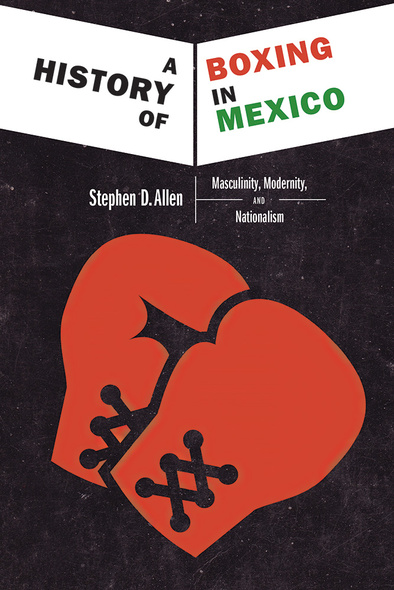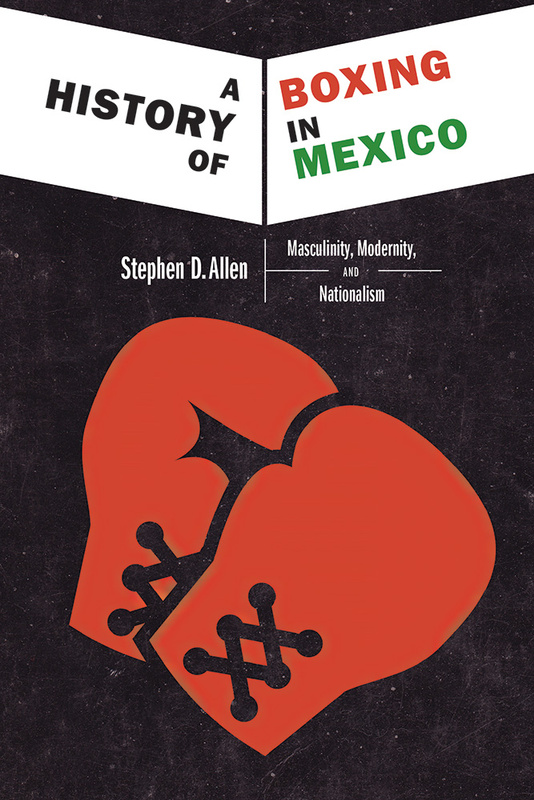A History of Boxing in Mexico
Masculinity, Modernity, and Nationalism
The violent sport of boxing shaped and was shaped by notions of Mexican national identity during the twentieth century. This book reveals how boxing and boxers became sources of national pride and sparked debates on what it meant to be Mexican, masculine, and modern.
The success of world-champion Mexican boxers played a key role in the rise of Los Angeles as the center of pugilistic activity in the United States. This international success made the fighters potent symbols of a Mexican culture that was cosmopolitan, nationalist, and masculine. With research in archives on both sides of the border, the author uses their life stories to trace the history and meaning of Mexican boxing.
This work offers a new and engaging way of looking at state formation in postrevolutionary Mexico. This book is a welcome addition to modern Mexican history and masculinity studies programs.'--Kathleen M. McIntyre, The Latin Americanist
A terrific read. It's fast-paced, thorough, and expertly researched. Boxing aficionados will devour this book, as will anybody interested in sports, Mexico, and the power of sport to shape cultural norms.'--David M. K. Sheinin, Canadian Journal of Latin American and Caribbean Studies
Allen's work delivers an excellent use of sports as a lens to see national change as well as a great history of boxing itself. . . . Allen has landed a sweet scholarly uppercut.'--Hispanic American Historical Review
Stephen Allen has produced a study that will stand as the key point of reference for those interested in Mexican boxing during the twentieth century.'--Journal of Latin American Studies
A History of Boxing in Mexico makes a significant contribution to Mexican sporting history and deserves recognition for its rigorous archival research, nuanced gender analysis of Mexican prizefighters, and exploration of an often-neglected topic in Mexican history.'--Mexican Studies / Estudios Mexicanos
A lively and entertaining history of the 'sweet science' that provides a fresh perspective on the shifting landscapes of gender and nation in twentieth-century Mexico.'--Heather Levi, author of The World of Lucha Libre: Secrets, Revelations, and Mexican National Identity
Stephen D. Allen is an assistant professor of history at California State University, Bakersfield.
List of Illustrations
Acknowledgments
Introduction
Chapter One. The Rise of Mexican Boxing
Chapter Two. "The Champion without a Crown": Remembering Rodolfo Casanova and Mexico's First Golden Age of Boxing
Chapter Three. "An Authentic Product of the People": Raúl Macías, Tepito, and Boxing Celebrity
Chapter Four. "The All-Powerful Mathematician": Vicente Saldívar and Masculine Discipline
Chapter Five. "A Swinger in and out of the Ring": Rubén Olivares and the Sexual and Emotional Revolutions
Chapter Six. "The Cuban with Mexican Spirit": José Nápoles, Race, and Boxing Aesthetics
Conclusion
Notes
Bibliography
Index






